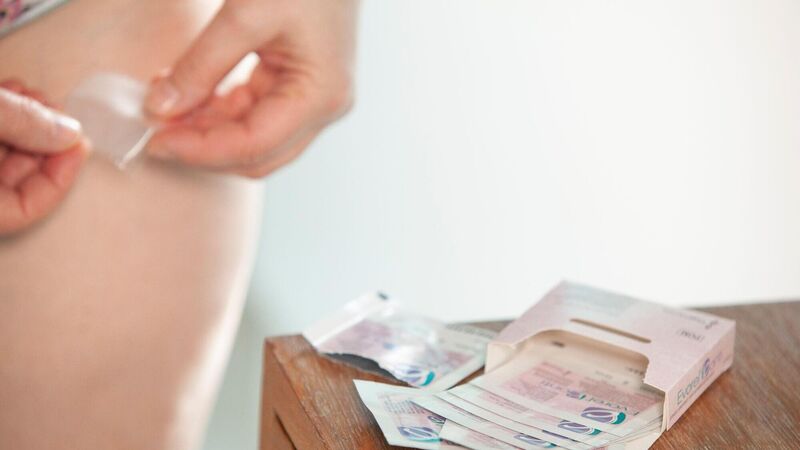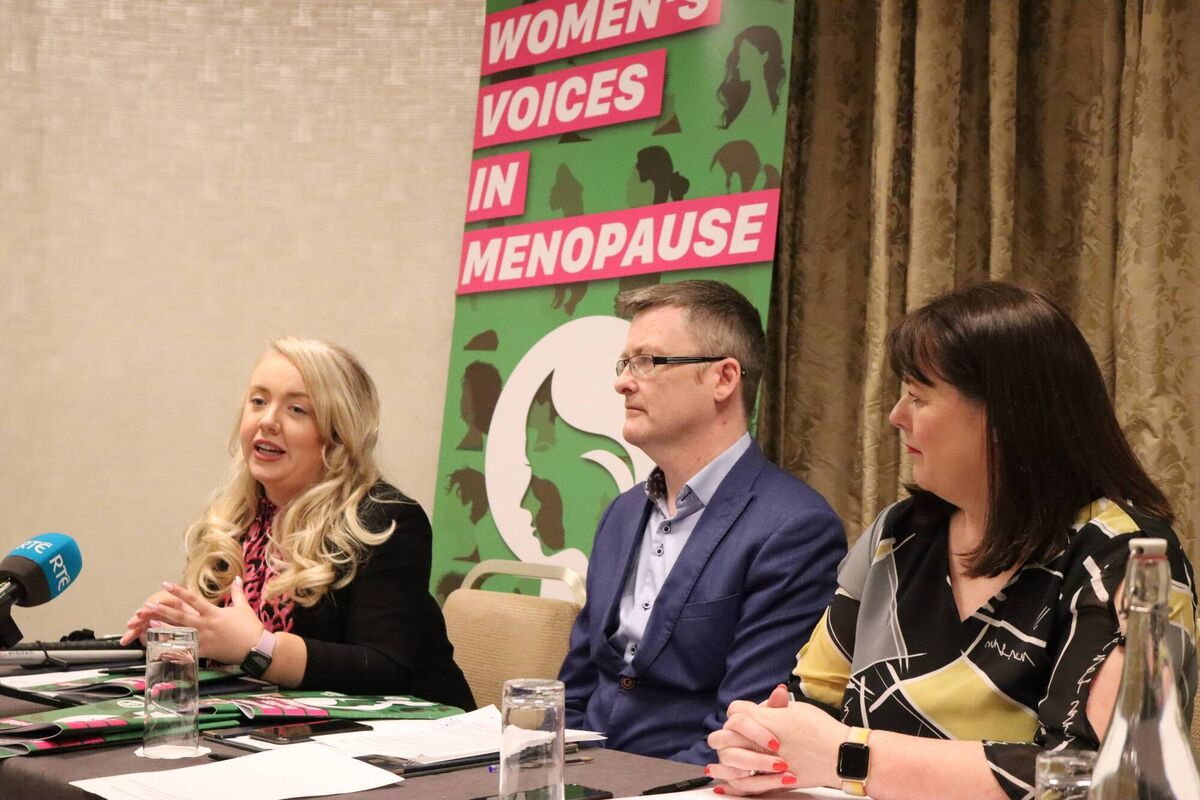Alison O'Connor: HRT is a lifeline for women, so why do we tolerate such a shortage?

Healthcare professionals in Ireland are not routinely educated on menopause or the benefits of HRT and health advice is often out of date.

The official explanation is that demand has increased so much, there has been no way of keeping up with it in the short term. Indeed, according to the Department of Health, medicine shortages have become increasingly prevalent worldwide over the past decade and are a feature of modern health systems around the world.

Back to Britain where some well know women have set up the Menopause Mandate website. They include Davina McCall, Mariella Frostrup, and Penny Lancaster, wife of Rod Stewart, who came out in support of sorting out the HRT shortage this week.






